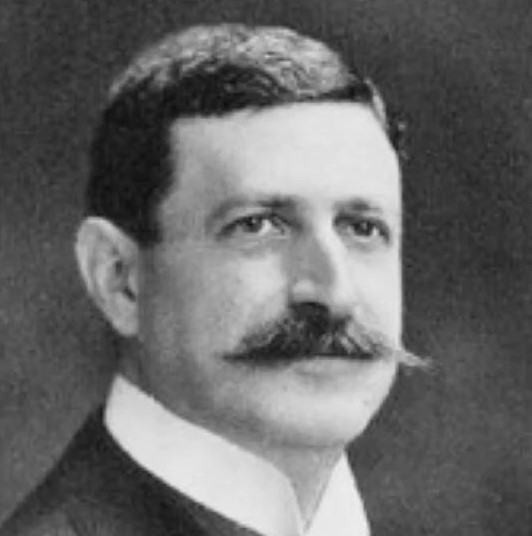
Fernand Halphen

From the age of ten, he studied under the direction of Gabriel Fauré before entering the Paris Conservatory where he took a composition course taught by Ernest Guiraud, who also taught Paul Dukas, Claude Debussy and Erik Satie. After Guiraud’s death in 1892, Halphen studied with Jules Massenet, who also taught Henri Rabaud, Florent Schmitt, Charles Koechlin and Reynaldo Hahn. He won first prize for his fugue in 1895, and the next year won second place for the second Grand Prix de Rome with his cantata Mélusine, behind Jules Mouquet and Richard d’Ivry.
Fernand Halphen is known principally as a composer. Notably, he wrote a symphony in four parts, which debuted in Paris and in Monte-Carlo, as well as a suite for orchestra, a pantomime: Hagoseida, a ballet: Le Réveil du faune, and several other symphonies and melodies. He was also interested in chamber music, and wrote a Sonata for violin and piano, and composed a few pages for organ. Finally, he was the author of an opera of one act: Le Cor Fleuri, which debuted in the national theatre Opéra-Comique in 1904.
Captain of the thirteenth territorial infantry regiment during World War I, Halphen died for his country on 16 May 1917.



